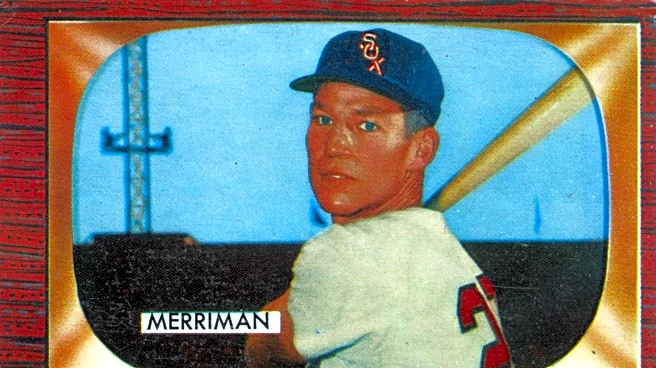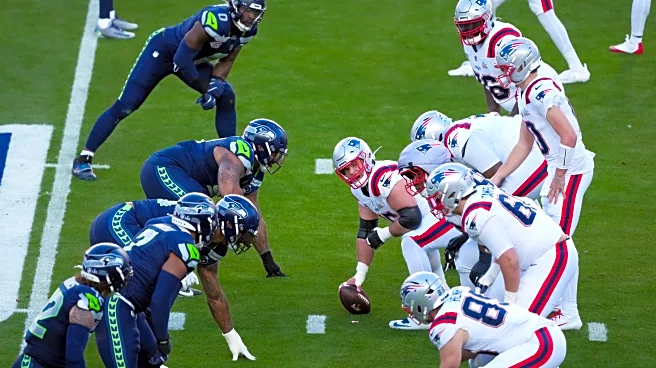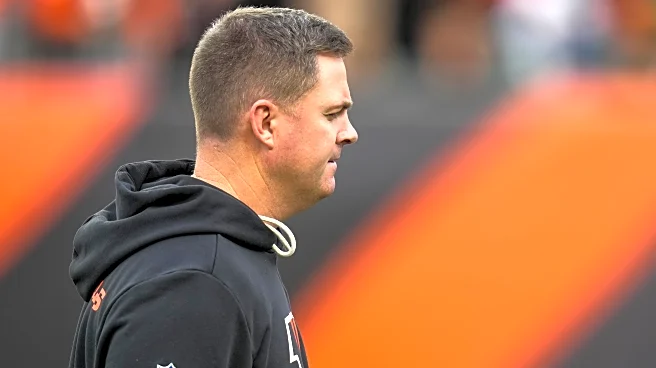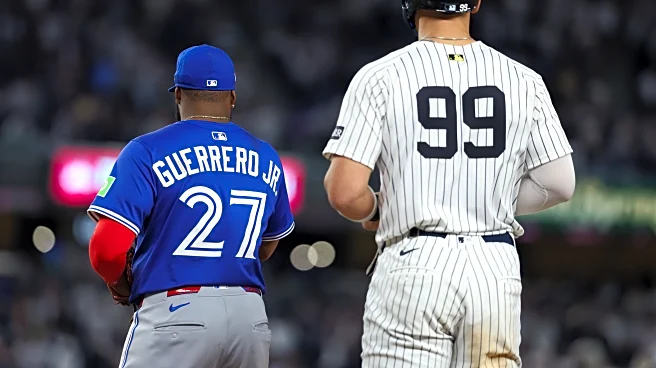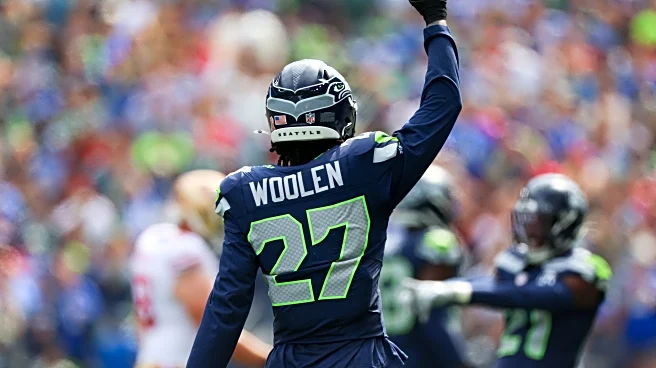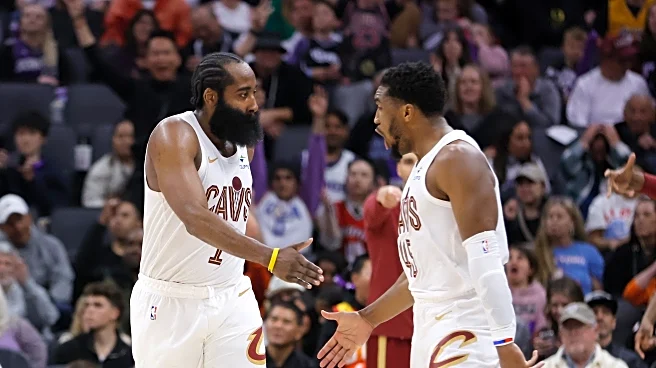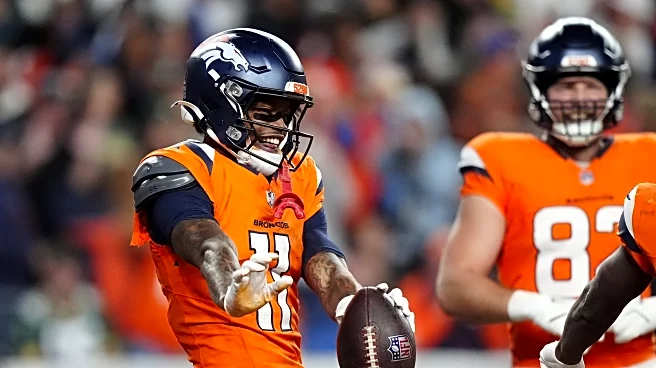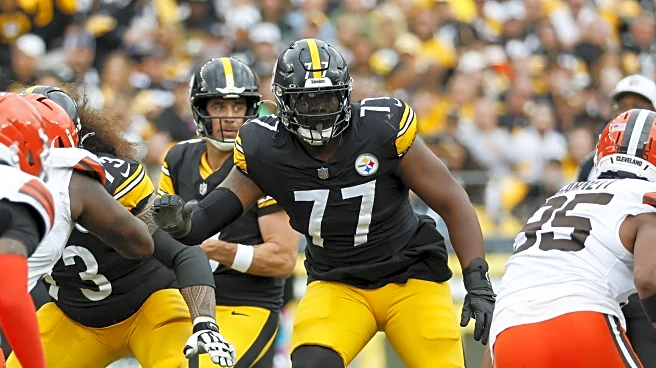Rapid Read • 7 min read
President Donald Trump has signed an executive order addressing Name, Image, and Likeness (NIL) payments in college sports. The order aims to address issues such as litigation challenging the rules of college sports and the impact of private-donor pay-for-play payments on competitive balance. The fact sheet accompanying the order emphasizes the importance of college sports in fostering leadership and community pride, while distinguishing them from professional sports. The order seeks to revert to a system before courts empowered players to earn money, raising questions about its effectiveness and legal standing.
AD
The executive order could significantly impact college sports by potentially limiting players' ability to earn from NIL deals. This move may affect the financial landscape of college athletics, with implications for players, universities, and sports programs. The order reflects ongoing debates about the commercialization of college sports and the balance between amateurism and athletes' rights. It may also influence legislative efforts, such as the SCORE Act, which addresses similar issues in college sports.
The order's impact remains uncertain, as it is not a law and may face challenges in implementation. The NCAA and other stakeholders may need to navigate the changes and address the concerns raised by the order. Legislative efforts, such as the SCORE Act, may continue to evolve, potentially shaping the future of NIL payments and college sports regulations. The broader implications for athletes' rights and the commercialization of college sports will likely be a focus of ongoing discussions.
The order highlights the tension between preserving the traditional amateur status of college athletes and recognizing their rights to earn from their talents. It raises questions about the role of government in regulating college sports and the potential impact on athletes' financial opportunities. The comparison to professional sports underscores the challenges in balancing competitive integrity with athletes' rights to monetize their skills.
AD
More Stories You Might Enjoy
